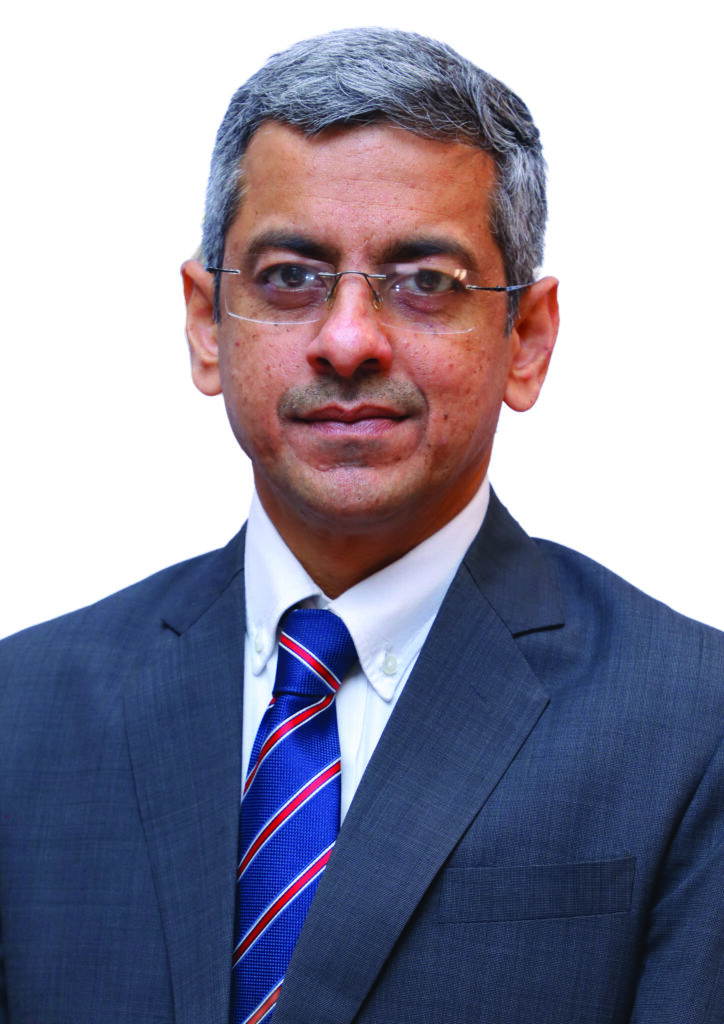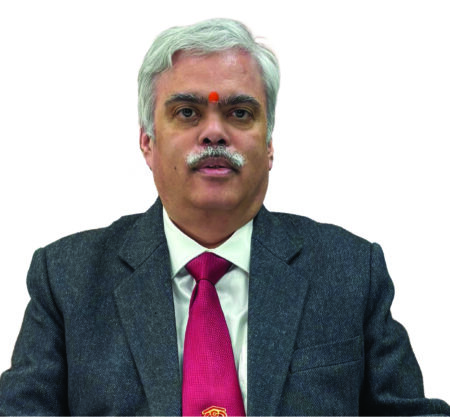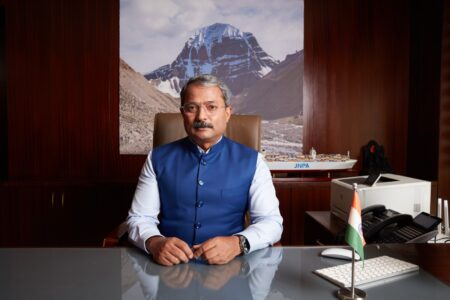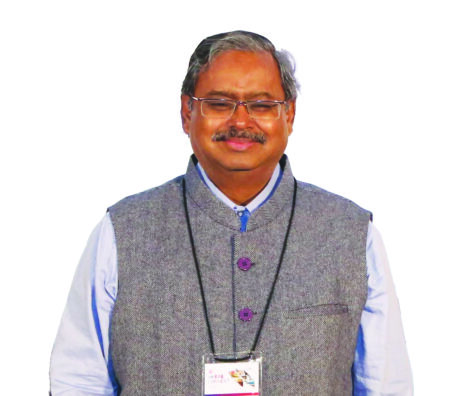Dushyant Mulani, a pivotal figure, reshapes India’s logistics, spearheading digitalisation, skill enhancement, and global competitiveness, marking his legacy as a transformative leader.

FFFAI, through his engagement, became a trusted advisor, influencing key policy decisions
Dushyant Mulani’s professional journey is a narrative woven into the very fabric of India’s economic liberalisation. His career has been a front-row seat to the dramatic shift from a heavily regulated logistics landscape to one driven by facilitation and efficiency. This transformation, he often reflects, is nothing short of revolutionary. “To think that cargo volumes we once handled monthly are now processed daily,” he observes, underscoring the sheer scale of change. This evolution, powered by the relentless march of technology, has fundamentally altered India’s import-export dynamics.
The implementation of strategic initiatives like ICEGATE, EDI, RMS, and Single Window Clearance, coupled with operational enhancements like Direct Port Delivery (DPD) and Direct Port Entry (DPE), has streamlined processes and reduced bottlenecks. The COVID-19 pandemic, a crucible of logistical challenges, further highlighted India’s resilience and global competence, a narrative that Mulani passionately champions. He places unwavering faith in the problem-solving acumen and unwavering dedication of Indian logistics professionals, foreseeing their inevitable rise on the global stage. His strategic vision, coupled with a steadfast commitment to data-driven decision-making and ethical practices, has been instrumental in navigating the sector’s complexities, ensuring both immediate progress and long-term sustainability. He understands that the logistics sector is not static and requires constant evolution to stay relevant.
India’s strategic geopolitical positioning offers a unique opportunity for global leadership
Leading FFFAI
At the helm of the Federation of Freight Forwarders’ Associations in India (FFFAI), Dushyant Mulani has emerged as a powerful catalyst for industry advancement. His tenure is characterised by a resolute commitment to empowering stakeholders, with a focus on skill enhancement, environmental, social, and governance (ESG) compliance, and inclusivity. He has forged strategic collaborations with academic institutions and industry bodies, expanding the scope and relevance of FFFAI’s training programs. “We’ve opened new educational pathways,” he emphasises, recognising the importance of equipping the workforce with the skills needed to thrive in a rapidly changing environment.
The digitalisation efforts he has championed, including the implementation of online payment portals and e-bonds, have streamlined operations, reduced administrative burdens, and enhanced efficiency. Notably, he has been a staunch advocate for the protection of customs brokers, safeguarding their professional integrity and ensuring a level playing field. His policy advocacy has driven significant reforms, including expedited import clearance and streamlined customs procedures, reflecting FFFAI’s influential engagement with government agencies. He consistently advocates for the seamless integration of technology, ensuring that advancements translate into tangible benefits for all stakeholders and that no one is left behind.
Fostering collaborative ecosystems
Dushyant Mulani’s ability to harmonise the diverse interests of stakeholders stems from his exceptional communication skills, genuine empathy, and a deep understanding of the industry’s complexities. He fosters open dialogues, actively soliciting and incorporating constructive feedback to ensure inclusivity and transparency. His proactive engagement with government agencies and international organisations have positioned FFFAI as a trusted advisor, capable of influencing key policy decisions. His approach is characterised by a blend of diplomacy and assertiveness, enabling him to navigate complex negotiations and achieve favourable outcomes.
Mulani places a premium on building robust, collaborative relationships, recognising that collective action is essential for addressing the industry’s most pressing challenges. He understands that real-time operational insights are crucial for informed decision-making, and he champions the use of data analytics to drive efficiency and optimise processes. He believes that by fostering a culture of collaboration and knowledge-sharing, the logistics sector can achieve its full potential.
Building a unified logistics community
Dushyant Mulani champions the creation of a strong, unified logistics community, recognising that a cohesive and collaborative network is essential for the industry’s long-term success. FFFAI, under his leadership, serves as a dynamic collaborative platform, connecting members across diverse logistics hubs and fostering a sense of shared purpose. Policy advocacy, digitalisation initiatives, and skill development programs are strategically designed to keep members abreast of evolving trends and best practices. Regular webinars, seminars, and knowledge-exchange forums provide valuable insights, fostering a culture of continuous learning and innovation.
Mentorship initiatives and entrepreneurship programs empower young professionals and women, ensuring a diverse and inclusive workforce. By advocating industry concerns with government bodies and international trade organisations, FFFAI ensures that its members are well-represented and actively contribute to shaping India’s logistics future. He encourages the adoption of global best practices, ensuring that Indian standards are aligned with international benchmarks and that the industry remains competitive on the global stage.
Envisioning the future
Dushyant Mulani envisions a transformative decade for India’s logistics, propelled by mega infrastructure projects, a burgeoning manufacturing sector, and a strategic focus on global integration. “The dedicated freight corridors will enhance efficiency,” he observes, recognising the potential of these projects to revolutionise the movement of goods across the country. India’s strategic geopolitical positioning offers a unique opportunity for global leadership, but he acknowledges the challenges posed by infrastructure gaps, technological integration, and the need for continuous innovation.
He advocates for strategic planning and execution to capitalise on these opportunities, emphasising the importance of a long-term vision and a commitment to sustainable growth. Mulani emphasises the need for continuous innovation and adaptation, ensuring that India remains competitive in the global logistics landscape. He encourages aspiring professionals to embrace change, develop a problem-solving mindset, and contribute to the sector’s dynamic evolution. He believes that by fostering a culture of innovation and collaboration, India can emerge as a global logistics powerhouse.











